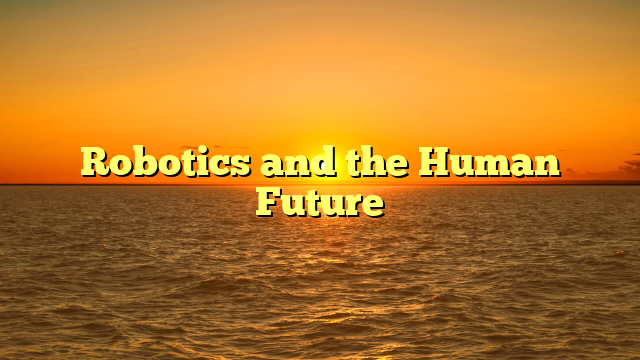Robotics has long captured the imagination of humanity, but what was once considered science fiction is now part of everyday life. Robots assemble cars, assist in surgeries, deliver packages, and even clean our homes. As the field indo168 advances, robotics is reshaping industries, economies, and how humans interact with technology.
In manufacturing, robots have been game changers for decades. Industrial robots work tirelessly with precision, assembling electronics, vehicles, and machinery. These systems boost productivity and quality while reducing costs. As artificial intelligence merges with robotics, these machines are becoming even more capable of adapting to changing tasks rather than following rigid instructions.
Healthcare has seen particularly transformative applications. Surgical robots allow doctors to perform procedures with enhanced accuracy, minimizing risks and recovery times for patients. Robotic exoskeletons help individuals with mobility impairments regain independence, while rehabilitation robots assist in physical therapy. These innovations demonstrate how robotics can improve quality of life in profound ways.
Service industries are also adopting robots. Hotels use robots for check-in services and delivery, while restaurants experiment with robotic chefs. Logistics companies deploy drones and automated vehicles to streamline deliveries. While these applications improve efficiency, they also raise questions about how human workers will fit into a rapidly changing labor market.
Educational robotics is another growing field. By using robots in classrooms, educators introduce students to STEM concepts in engaging ways. Students learn programming, problem-solving, and teamwork through hands-on interaction with robotic systems, preparing them for future careers in technology.
Despite the benefits, challenges remain. Robots are expensive to develop and maintain, limiting accessibility for smaller businesses and poorer regions. There are also ethical concerns about job displacement and reliance on machines. Striking the right balance between automation and human employment is a pressing societal issue.
In conclusion, robotics offers immense potential to improve productivity, healthcare, and education, but it also demands careful consideration of social and ethical implications. As machines grow smarter, the future will depend on how society chooses to integrate robotics into daily life.



